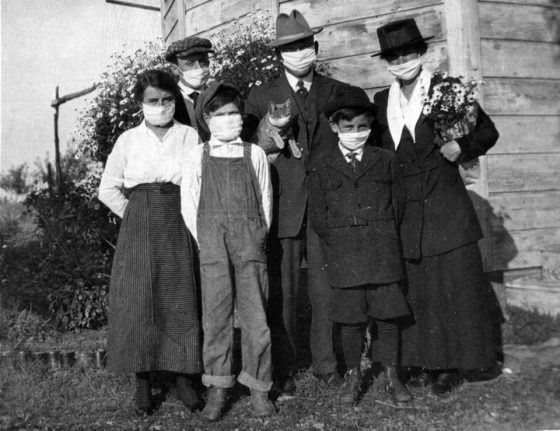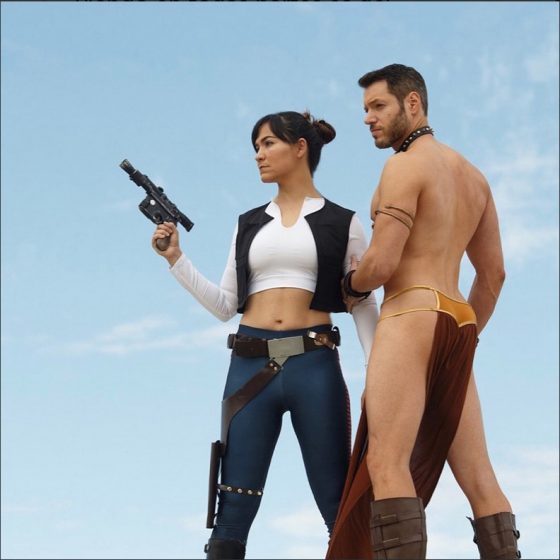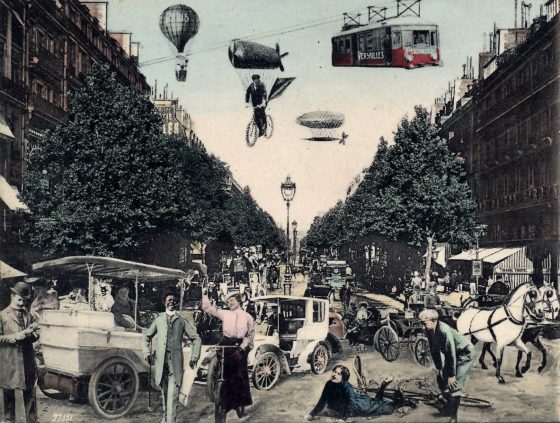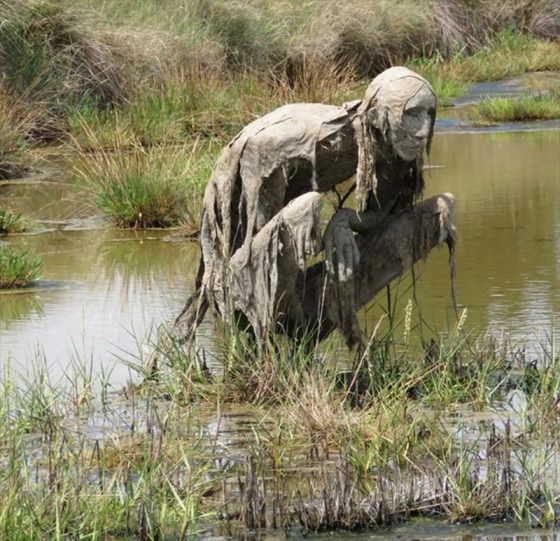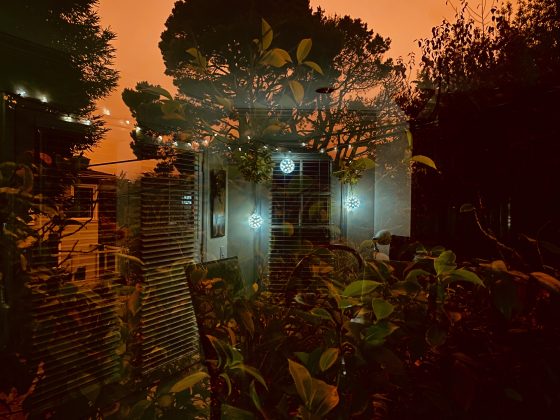
COVID had us all isolated from one another, the West Coast fire hellscape has us locked-in — can’t even open a window. Instead of fog, the foghorns sing for the smoke swirling around the Bay Area and around the Golden Gate Bridge. Between the politics, pandemic, and fires, it’s easy to get stuck in negative emotions and thoughts. The other night, I was in full panic mode when I realized that there was nowhere I could turn to get a breath of fresh air…not for hundreds of miles! Below is the view from our window last Wednesday, when the skies turned red-brown and ash fell from the sky like rain. I imagine that lots of people find it difficult to cope. But history teaches us that we are not the first (or the last) to enjoy a little sojourn into hell. History is full of unspeakable horrors, and what we need to remember is that we live in the times when horror is more of an exception than a rule (at least in America, at least for the majority). That’s why we are so freaked by horror, it feels like a novelty. The ancient curse of “may you live in…

